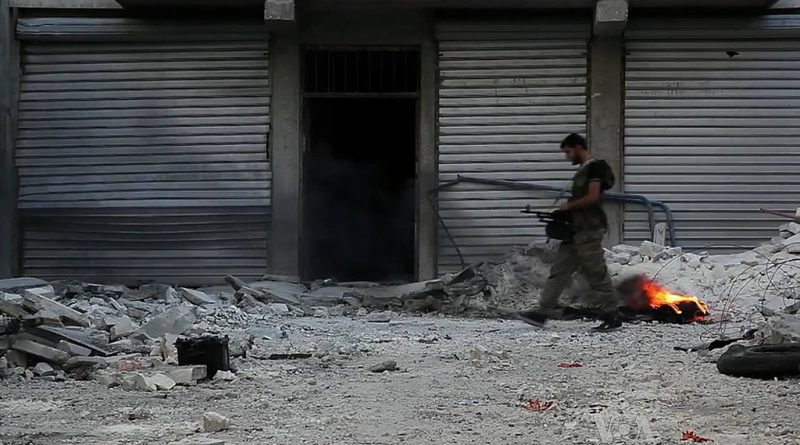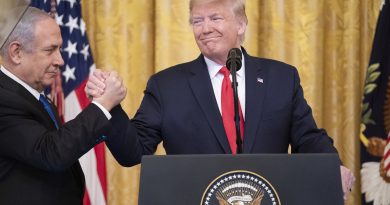What Next In Syria?
The US intervention in Syria and signs of a possible military confrontation with North Korea are shedding light on some open questions which President Trump attempted to sideline during his election campaign. President Trump’s “America First” slogan seemed to herald a more domestic focus for the incoming US administration on issues such as healthcare, job growth, the trader war with China and trade and immigration issues with Mexico. The shift in policy to domestic concerns was not expected to result in the deployment of US warships or multiple-ton bombs being dropped in far corners of the world. It also certainly did not comport with Washington’s latest desire to simultaneously address all major global crises through military force.
Today’s world is far from ideal and remains riddled with crises and uncompromising competitions over power with little to no regard to the massive suffering of innocent civilians. Although one could argue that it has always been this way, today the images of victims from all corners of the world are quickly transported into our homes through highly development systems of communication and media.
The new US administration has certainly faced serious controversies on domestic issues. In a highly developed democracy such as the US, public scrutiny and curiosity regarding every aspect of the new administration has demonstrated that things are not really going according to plan and are getting more complicated by the day. Could acting abroad serve to relieve some of the domestic pressure on President Trump? Is an escalation of the military conflict in Syria the best approach towards solving it? Is universal justice so clearly defined that the strongest military power in the world can, whenever its President desires, intervene to punish or send a message to adversaries?
The argument made herein is not to provide amnesty or deny accountability for any party to a conflict which has committed war crimes or to ignore the repercussions on civilians. It has more to do with the definition of priorities and influencing possible outcomes some of which cannot be achieved with rockets.
After the attack on the Syrian airbase, President Trump has significantly regained some of his public support. He was praised by many at an important time for him from a domestic standpoint as he is striving to stabilize his administration in order to ensure its survival and functioning. The army of Syrian leader Bashar al-Assad suffered some damage and received the message from the US loud and clear. But this, however, seems to be extent of what has been achieved. The question is what will President Trump do next in Syria? Will the focus of US involvement in that country now shift from fighting Islamic State to removing President al-Assad and his regime? Does anyone in Washington actually think that both of these goals can be achieved simultaneously?
The main problem here is that the military weakening of the Syrian regime could have direct consequences on the fight against Islamic State which, whether we like it or not, must remain the main priority of the US and its allies. Russia, of which the US would expect to end its support to Damascus, actually has no other realistic option except to safeguard its own interests in this context. If Russia were to reject al-Assad and its influence over his regime, it could very much pack its bags and leave the Middle East “theater.” Is this a likely outcome? Not according to this author.
Photo by Voice of America News (Scott Bobb) Public domain.
![]() This work is licensed under a Creative Commons Attribution-NonCommercial-ShareAlike 4.0 International License.
This work is licensed under a Creative Commons Attribution-NonCommercial-ShareAlike 4.0 International License.




